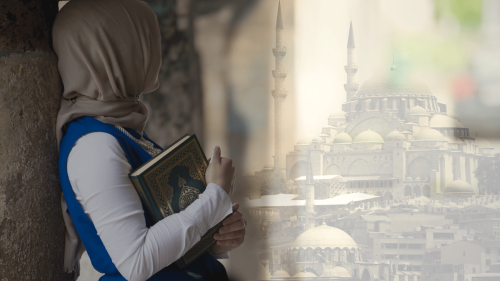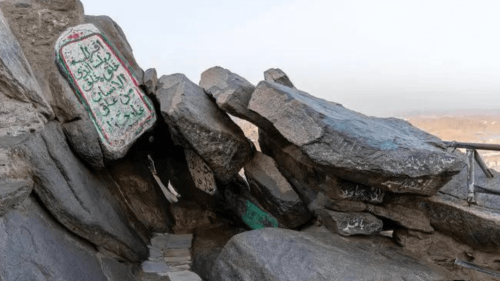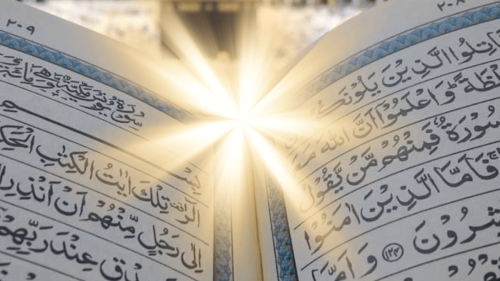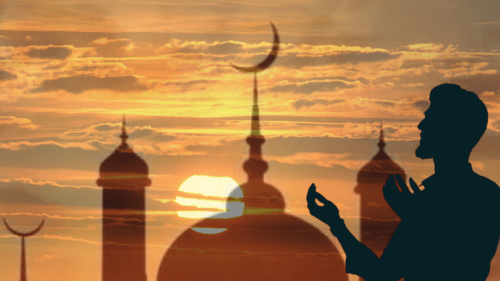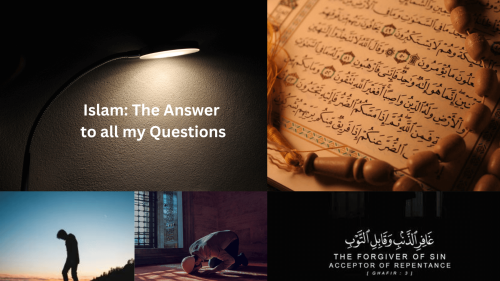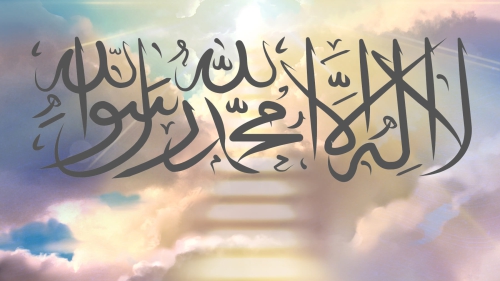Change

Since reading Muhammad Asad's "The Road to Makkah", I have become fascinated with exploring the perspectives non-Muslims and converts have on Islam and life generally. Being born Muslim, many of us take for granted the way we think and act, rarely paying attention to the reasons why. We casually assume every person to be the same as us, unable to fathom the nuances between different perspective, the rationality behind their thought or the background with which they speak. What Asad brought to light in his book was a perspective on life which underlies all these different issues, something I had rarely ever considered before; change.
Change is a word we often hear. Though many of us understand what it is, few of us know how to actually achieve it. Ramadan has become the Muslim equivalent of a New Year's resolution; they come and go with promises of change but we often end up with very little to show for it. Change just seems too inconvenient.
 |
| Muhammad Asad, author of the Road to Makkah |
What fascinates me with converts like Muhammad Asad is how they embody change. Every aspect of their life gradually changes over time, sacrificing the most deeply rooted of habits in order to align themselves with their new found faith. Their conversion is encapsulated through two key dimensions: an open mindedness to address the most fundamental aspect of their humanity - their faith - and a willingness to explore other perspectives of reality which were previously considered as foreign or wrong. By changing their faith, they are not only changing an identity or set of values, they acknowledge that all their previous decisions and actions may have been wrong and concede that the perspective they disagreed with was right all along. If they can overcome these two obstacles, everything else becomes a walk in the park. These two things are the keys to their success. The resulting changes are all fruits of this change.
As Muslims, we seem to have forgotten so much of this. We fail to understand that conviction is what drives the change, not our own actions. We need to 'convert' ourselves back to our original disposition, ridding ourselves of our intellectual and spiritual arrogance to search for the truth ourselves and recognize it wherever we see it. We must look beyond our own culture, habits and desires and be willing to place ourselves to learn what true faith and submission means. So many Muslims close their minds to any perspective other than their own, scarcely ever trying to understand the essence behind what they believe and practice. The process is gradual and the results take time, but this is the key which brought the fruits of change we witness in the great men and women in our history and the key to our own self reformation. I often reflect at what made the generation of the companions radi Allahu `anhum (may God be pleased with them) of the Prophet so great. There are so many things we can cite; their support of the Prophet
during the heydays of Islam, the transmission and preservation of the sacred tradition, their devoutness in following Islam in its entirety. But for me, there is a more fundamental role that each of these companions
played before any of these could happen; their honesty in recognizing their own misguidance and their ability to change everything in order to live in accordance with their new found faith. Imagine an entire society of individuals whose focus was on their own spiritual journey before casting judgment on others. Abu Bakr
, the greatest of men to walk this earth after the prophets, was named As-Siddiq (truthful and trustworthy) for his unequivocal faith in revelation and his rush in applying it to himself.
With this regard, converts are the modern day manifestations of the companions. Their journey is precisely what those great individuals went through in the past, and to understand them is to understand the companions of the prophet . I recently had the privilege to talk with a convert who has only been Muslim for a few years. Here is one extract which I will never forget:
"It's been almost one year to the day since I started practicing - praying five times a day, no pork/wine - although it took me a bit longer to take my shahadah (testimony of faith) formally since I wanted to be sure of what I was doing. There's something indescribable about such a huge piece of your life you never knew you were missing coming back one day to fill that gap you didn't realize you had."
"Even after I took my shahadah, in some respects it felt like getting a driver's license but not really having a car to drive. We really need to be training our imams (religious leaders) who do the shahadas to facilitate the spiritual process and not just the 'repeat after me and sign here' process."
"The thought of having your slate wiped completely clean is actually quite a daunting one. You would think one would feel all light and spiritually weightless knowing that everything you've done wrong before that day has been forgiven, alhamdulillah (praise be to God), but for me, it was quite a heavy feeling. It's the weight of sensing just a molecule of the immensity of Allah ; that He can, would and does forgive you, even after a lifetime of disobedience. It's the weight of knowing He still loves you after denying Him to His face, year after year, and that He never gave up on you. But most of all, it's the weight of knowing you don't want to let any dirt get anywhere near your now clean slate again, but the realization that you'll definitely continue to make mistakes, because you're human after all. But even then Allah
will continue to forgive you until you get tired of asking. Subhanallah (glory be to God), it's nothing short of mind-blowing."
Reading that blew me away. So much of our perception of converts is the "all your sins are forgiven" part that we often neglect the huge struggle and reconciliation the person has to go through behind the scenes. We assume the change is "rational" and "easy" with just a simple utterance of a few words, yet we forget the difficulties that come with changing bad habits and adopting new ones, difficulties which perhaps merit the forgiveness. Rarely do we ever empathize through our own struggles of reformation yet we expect an immediate reconciliation and change in others, something we ourselves are incapable of! How many of us know that being fat is bad for us and against the sunnah (tradition of the Prophet ) yet never put anything in place to change it? How many of us know that food should halal and Tayyib (pure) yet are content to eat the conveyor-belt meat that fills our shelves? The list can go on... Relating to their struggle is far more effective than judging it.
 |
| Al-Qushayri's letters; by Imam Al-Qushayri |
I remember sitting with one of my teachers in Egypt as we read the 'Letter of Imam Qushayri' (Risaalah Al-Qushairiyah), a book which describes the biographies of the great scholars during the early period of Islam. What struck me when reading the book was the number of these people who began their life as bandits, thieves and other kinds of criminals yet went on to become some of the greatest Muslims who have walked this earth. As we read through the book, I remember asking my teacher; "I know when someone converts all their sins are forgiven, but what happens if someone is already a Muslim? Is their only route to forgiveness the penal punishment?" As I said this, my teacher looks me in the eyes, smiles and says, "Is the One who is able to forgive the greatest sin of all (shirk) at the utterance of one sentence unwilling to forgive the smaller sins in the same way? All we need is to have that same conviction they do when they make that testimony of faith."
So perhaps change is not the most difficult thing to understand or achieve after all. Most of us have not reached the level of criminality that some of the great people before us did before they began their process of reformation, so surely our journey shouldn't be as difficult. In fact, how many of us regularly demonstrate the capacity to change our lives when we hear the commandments of Allah; fasting, praying and giving zakah (charity) when asked to? In this light, the words of Allah become so much more meaningful as the significance of our own inner struggle and the tribulations of this world are cast in a new light:
|
|
| "Indeed, Allah will not change the condition of a people until they change what is in themselves." (Qur'an 13:11) |
Source: SuhaibWebb - Talha Ghannam










